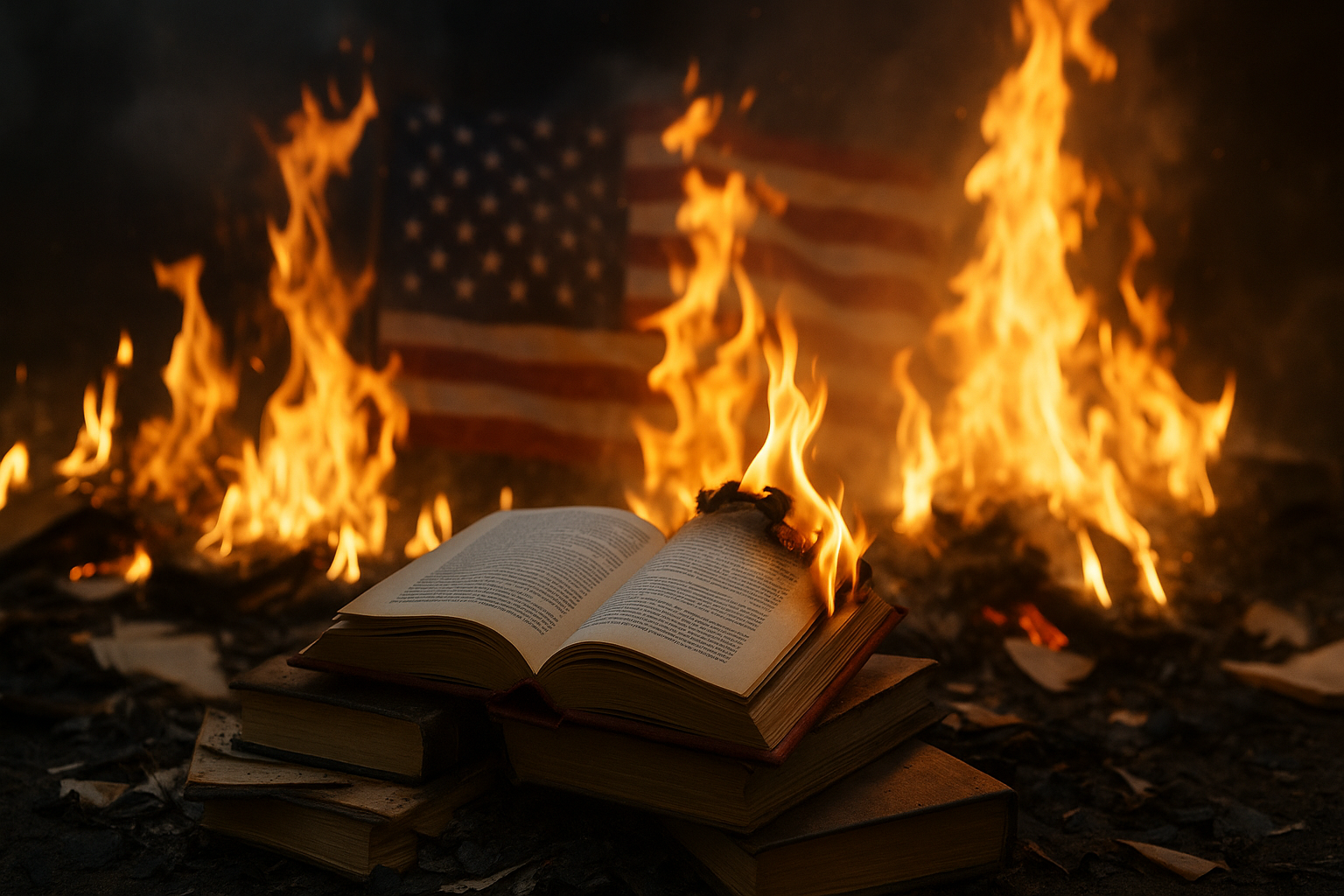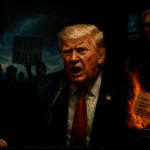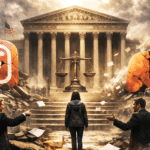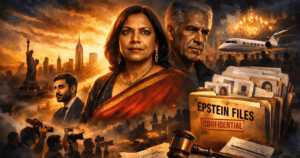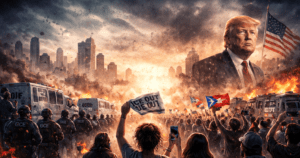The Washington Eye
In an eerily familiar scene, a wave of book banning is sweeping across American schools, sparking a fierce debate that pits parental rights against intellectual freedom. This modern-day iteration of censorship, however, is not the stuff of dystopian fiction; it is a tangible reality, with PEN America reporting over 10,000 instances of book bans in the 2023-2024 school year alone. This surge, nearly triple the previous year, is largely driven by organized campaigns targeting books that explore themes of race, gender, and sexuality. As we navigate this contentious landscape, the pages of Ray Bradbury’s classic, Fahrenheit 451, offer a chillingly relevant allegory for our times, reminding us of the insidious nature of a society that burns its books—and the ideas they contain.
At the heart of the debate are two fundamentally different conceptions of education. Proponents of book bans, often parents and conservative advocacy groups, argue for the right to shield children from content they deem sexually explicit, violent, or otherwise age-inappropriate. They contend that certain books, particularly those in the young adult genre, introduce complex and mature themes that children are not emotionally equipped to handle. Citing concerns about profanity, depictions of drug use, and LGBTQ+ themes, these groups advocate for greater parental oversight in the selection of school library materials and curricula. Their efforts are not just isolated challenges; they represent a coordinated movement to align educational content with a specific set of community standards and values.
On the other side of the debate, a coalition of librarians, educators, and free-speech advocates raises the alarm about the dangers of censorship. They argue that removing books from shelves is not merely an act of curation, but a suppression of diverse voices and perspectives. For them, a library is not just a repository of knowledge, but a space for students to encounter new ideas, develop critical thinking skills, and see their own experiences reflected in the stories they read. By banning books that tackle difficult subjects like racism, sexual assault, and mental health, they contend, we are not protecting children, but rather, we are limiting their ability to understand and engage with the complexities of the world. This, they argue, is a disservice to their education and a threat to the very fabric of a democratic society that relies on the free exchange of ideas.
The parallels between this contemporary culture war and the world of Fahrenheit 451 are undeniable. In Bradbury’s dystopian future, firemen don’t extinguish fires; they start them. Their target? Books. The rationale for this institutionalized biblioclasm is not a top-down government decree, but a societal shift towards a culture of comfort and conformity. As Captain Beatty, the novel’s antagonist, explains, books became a source of conflict and offense, with every minority group finding something to dislike. To maintain social harmony, to ensure that no one felt uncomfortable or challenged, books had to be destroyed. “A book is a loaded gun in the house next door,” Beatty warns. “Burn it. Take the shot from the weapon. Breach man’s mind.”
This sentiment finds a disturbing echo in today’s book-banning movement, where the discomfort of a few can lead to the censorship of many. The targeted books are often those that give voice to marginalized communities—books by and about people of color, LGBTQ+ individuals, and those who have experienced trauma. When we remove these stories from our libraries, we are not just erasing words on a page; we are invalidating the experiences of the people they represent. We are telling students that some stories are too dangerous, too uncomfortable, to be told.
The most insidious aspect of censorship, as Bradbury so presciently warned, is not the act of burning books, but the slow, creeping apathy that allows it to happen. In Fahrenheit 451, the population is not clamoring for intellectual freedom; they are content with their wall-sized televisions and their seashell radios, their minds numbed by a constant stream of mindless entertainment. They have traded the complexities of literature for the simplicity of sensation. This is the ultimate danger of the current book-banning trend: that in our quest to avoid discomfort, we will create a generation of readers who are unable to grapple with difficult ideas, to think critically about the world around them, and to empathize with those who are different from them.
As we stand at this crossroads, we must heed the lessons of Fahrenheit 451. We must recognize that the freedom to read is not just a privilege, but a fundamental pillar of a healthy democracy. We must defend our libraries as sanctuaries of intellectual curiosity and our schools as places where students are not just taught what to think, but how to think. The firemen of our time may not wear helmets and carry hoses, but the threat they pose to our collective future is just as real. It is up to us to ensure that the flames of censorship are extinguished before they consume the very soul of our nation.

